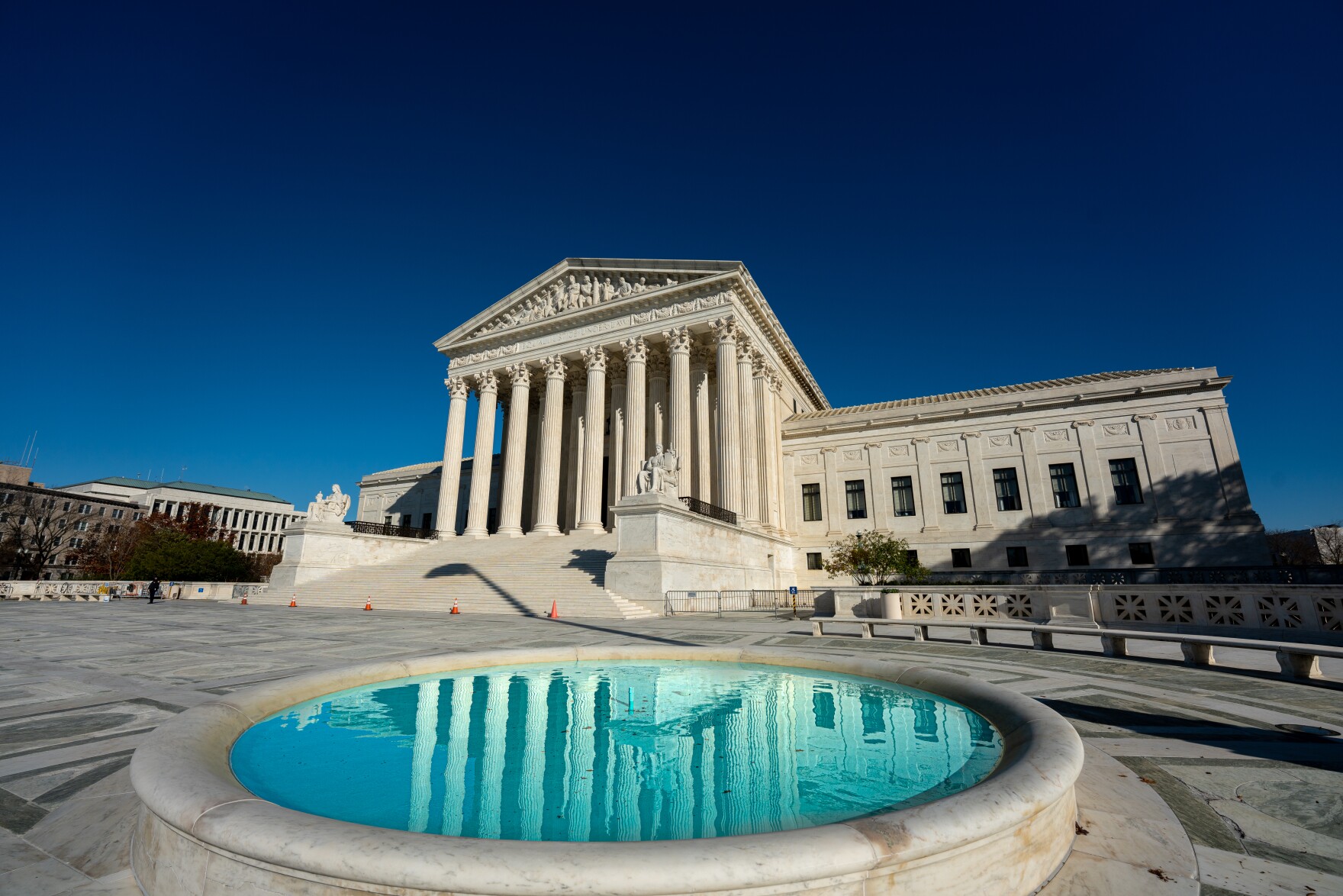
- Details
- By Tripp J Crouse - KNBA
The U.S. Supreme Court announced Monday, February 28, that it will hear several cases challenging the constitutionality of the Indian Child Welfare Act, or ICWA. The law was passed in 1978 in response to the disproportionate removal of Native children from their homes, families and communities.
The Indian Child Welfare Act is a federal law that is used in Native child adoption cases.
This story was originally published by KNBA on Monday February 28, 2022. Read the original storyat KNBA. Republished by Native News Online with permission.
ICWA basically provides Tribes with an opportunity to intervene when state child welfare and adoption agencies consider whether to remove a Native child from a home. The children can be enrolled citizens of the Tribe or be eligible for membership status.
Want more Native News? Get the free daily newsletter today.
Some states passed their own ICWA laws, but those laws must offer additional benefits – not change or remove the application of federal law.
Many of the arguments opposing ICWA say that law illegally discriminates against non-Native families based on race when placing Native children in homes.
And that’s the argument at the core of Brackeen v. Haaland. The case began as a lawsuit in 2018 in Texas. It challenges ICWA as a race-based law and says it should be struck down based on equal-protection grounds.
Because of the split decision, the ruling applies only to the judicial district which includes Louisiana, Mississippi and Texas.
In September, four Tribes, the state of Texas and several parents filed petitions to ask the Supreme Court to review the decision.
The Supreme Court has consolidated all of those petitions but has not yet set a date to hear them.
Also Monday, the Supreme Court declined to hear arguments in a case between Little Traverse Bay Bands of Odawa Indians versus Michigan Governor Gretchen Whitmer (Little Traverse Bay Bands of Odawa Indians v. Whitmer).
The federally recognized Tribe, which includes more than 4,000 Tribal citizens, appealed a decision against them in which they argued the 1855 Treaties of Detroit established a federal reservation for the Tribe.
The Tribe filed its petition for the Supreme Court to hear the case in November.
Photo caption: The U.S. Supreme Court on November 20, 2020. (Creative Commons photo courtesy Miki Jourdan/Flickr)
More Stories Like This
Native News Weekly (August 25, 2024): D.C. BriefsNavajo Nation Mourns the Passing of Former Vice President Rex Lee Jim
Deb Haaland Earns Endorsement From Communications Workers of America Local 7076
University Soccer Standout Leads by Example
Two Native Americans Named to Democratic Congressional Campaign Committee's“Red to Blue” Program
Help us defend tribal sovereignty.
At Native News Online, our mission is rooted in telling the stories that strengthen sovereignty and uplift Indigenous voices — not just at year’s end, but every single day.
Because of your generosity last year, we were able to keep our reporters on the ground in tribal communities, at national gatherings and in the halls of Congress — covering the issues that matter most to Indian Country: sovereignty, culture, education, health and economic opportunity.
That support sustained us through a tough year in 2025. Now, as we look to the year ahead, we need your help right now to ensure warrior journalism remains strong — reporting that defends tribal sovereignty, amplifies Native truth, and holds power accountable.
 The stakes couldn't be higher. Your support keeps Native voices heard, Native stories told and Native sovereignty defended.
The stakes couldn't be higher. Your support keeps Native voices heard, Native stories told and Native sovereignty defended.
Stand with Warrior Journalism today.
Levi Rickert (Potawatomi), Editor & Publisher
